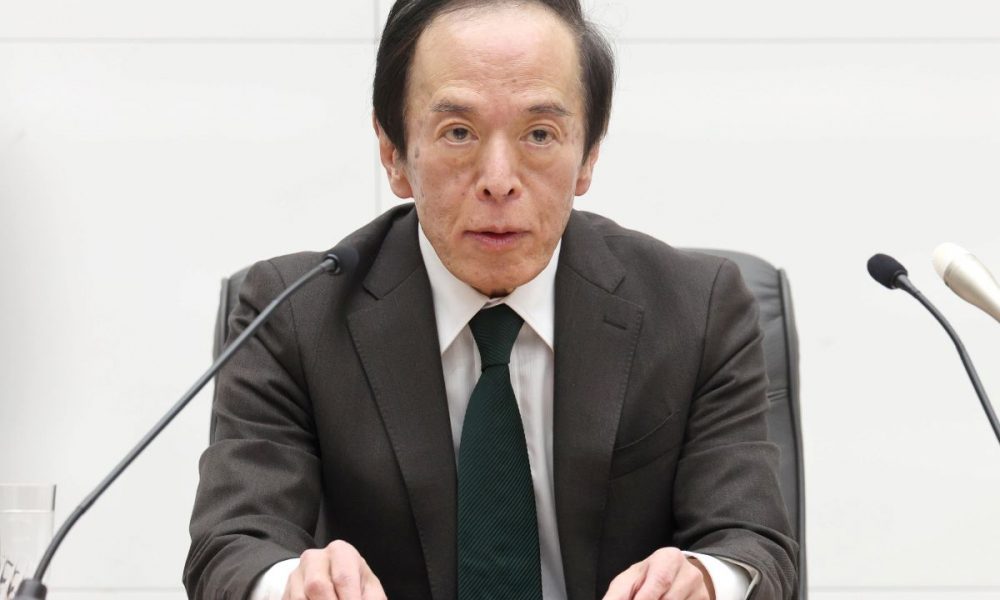
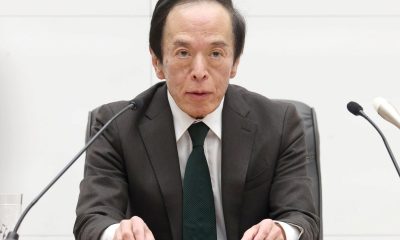

The BOJ decision signals a major shift towards economic recovery, but it must closely monitor for the fallout from its new monetary policy.
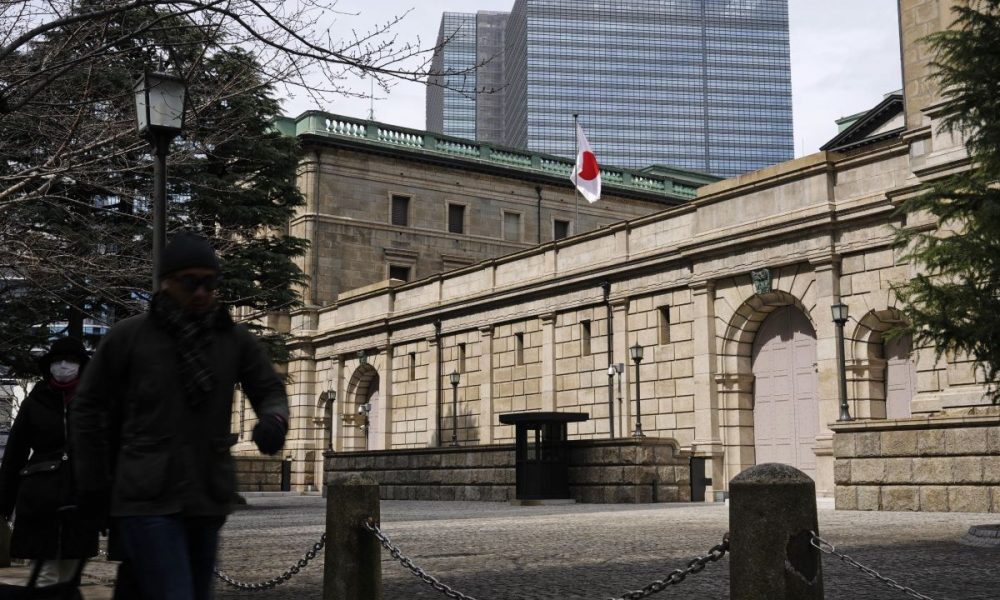
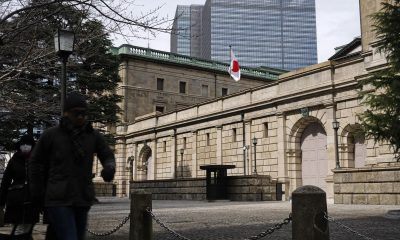

The Bank of Japan has ended its negative interest rates in an extensive policy overhaul. Recent wage hikes appear to have been central to the Bank's...
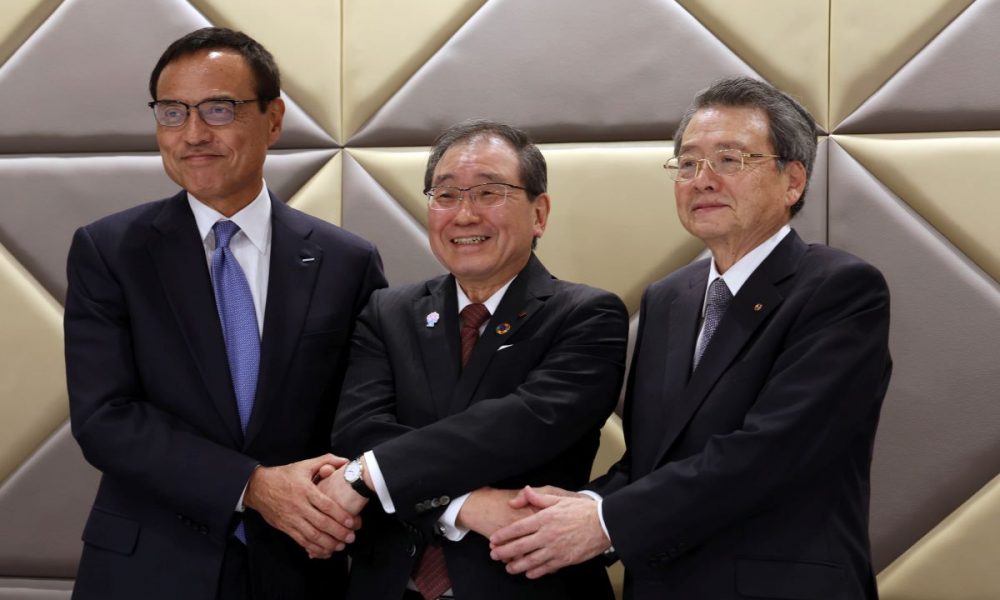
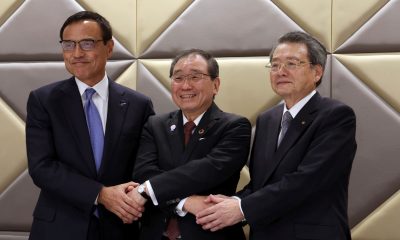

Factors such as disaster resilience, wage hikes, growth investing, and a cautious exit from monetary easing are essential to reboot the Japanese economy.
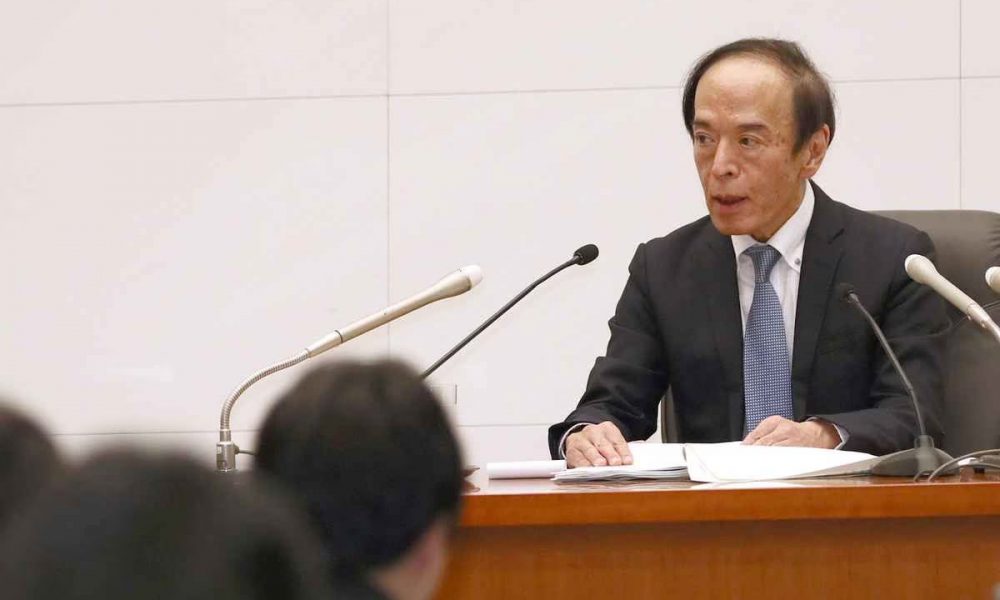
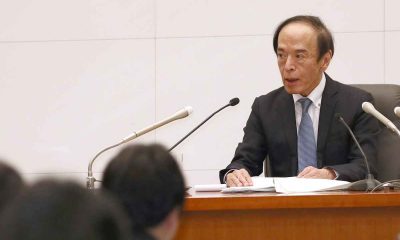

The Bank of Japan will allow 10-year bond yields to rise as high as 1%. But it risks impeding Japan's economic recovery unless it contains speculative...
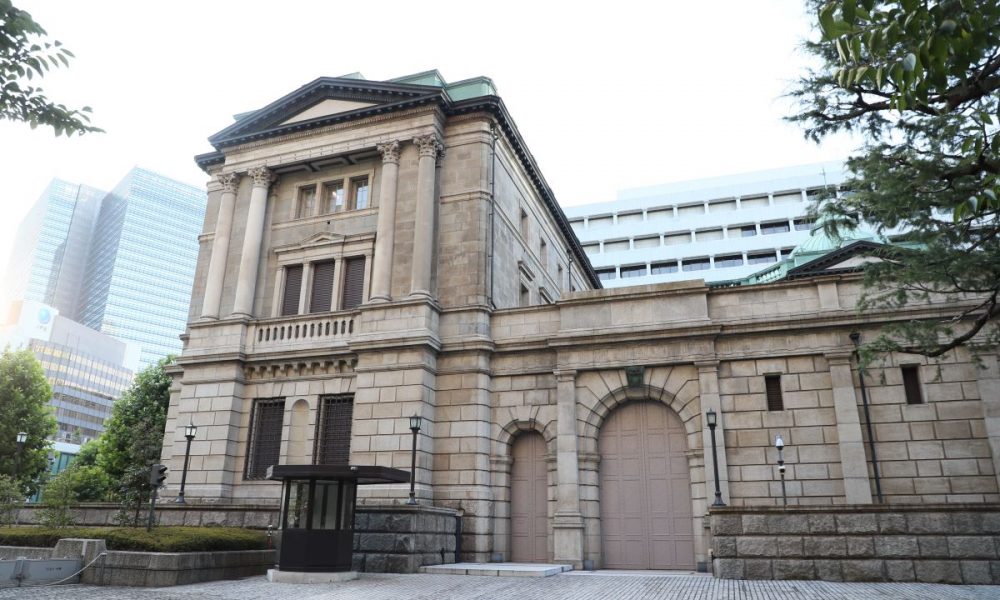


The Bank of Japan aims at achieving sustainable and stable inflation with significant wage growth but the latest modification to its monetary easing is complex.
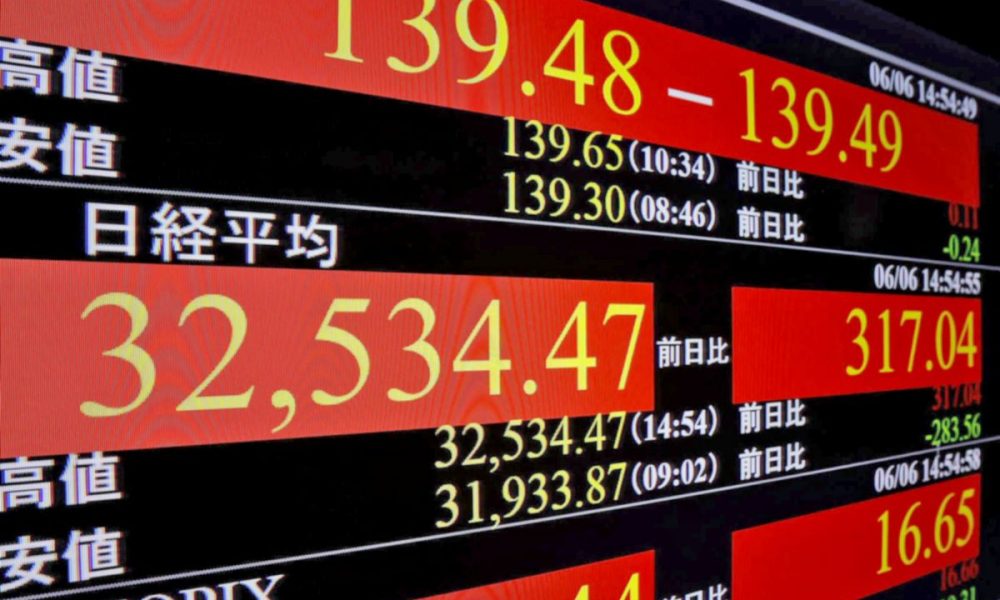
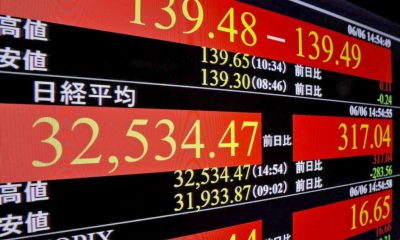

Dai-ichi Life's chief economist believes strong Japanese stocks are due to corporate earnings and shareholder return policies that met investor expectations.
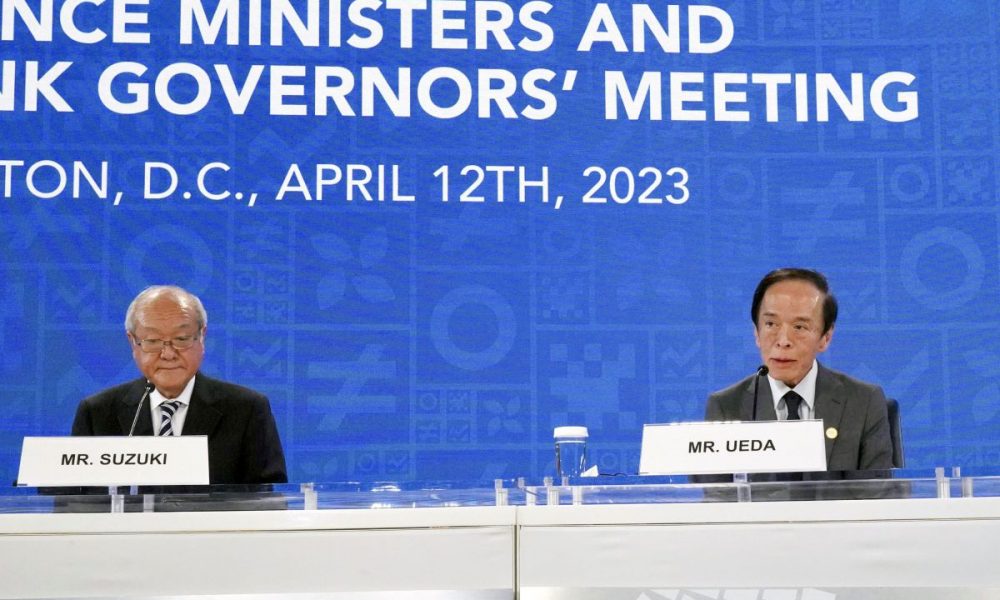
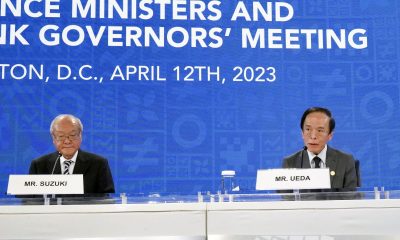

New Bank of Japan Governor Ueda must strive for adaptability and avoid causing market turmoil as he steers the monetary-easing policy toward an exit strategy.
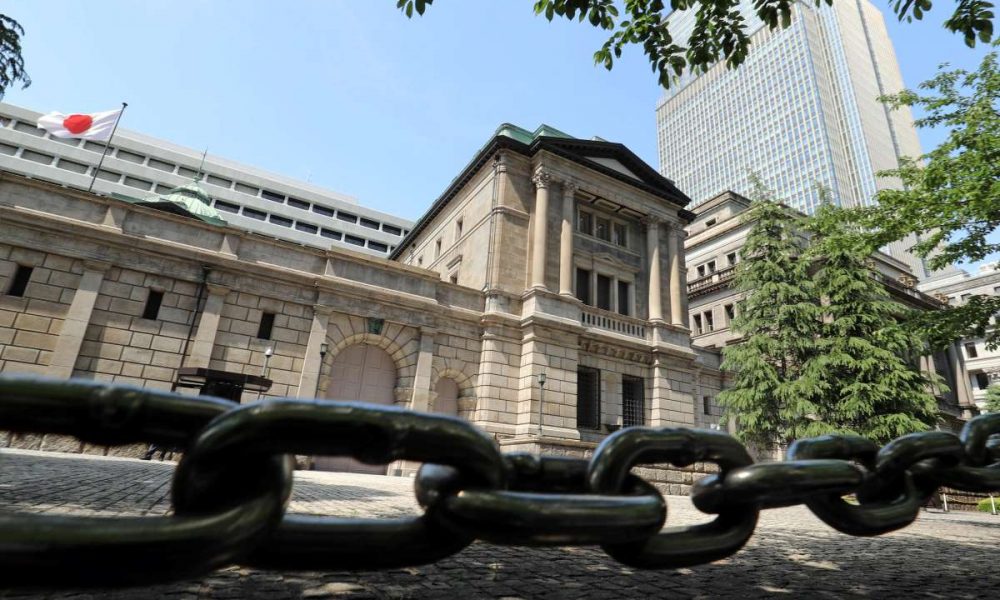
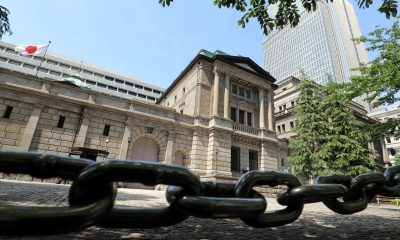

As Bank of Japan chief, Kazuo Ueda will be given the difficult task of maintaining monetary easing for the present while edging toward an "exit strategy."



Western monetary policy and China's economic instability could be tremors of a global recession, while weak export demand would constrain Japan's growth.
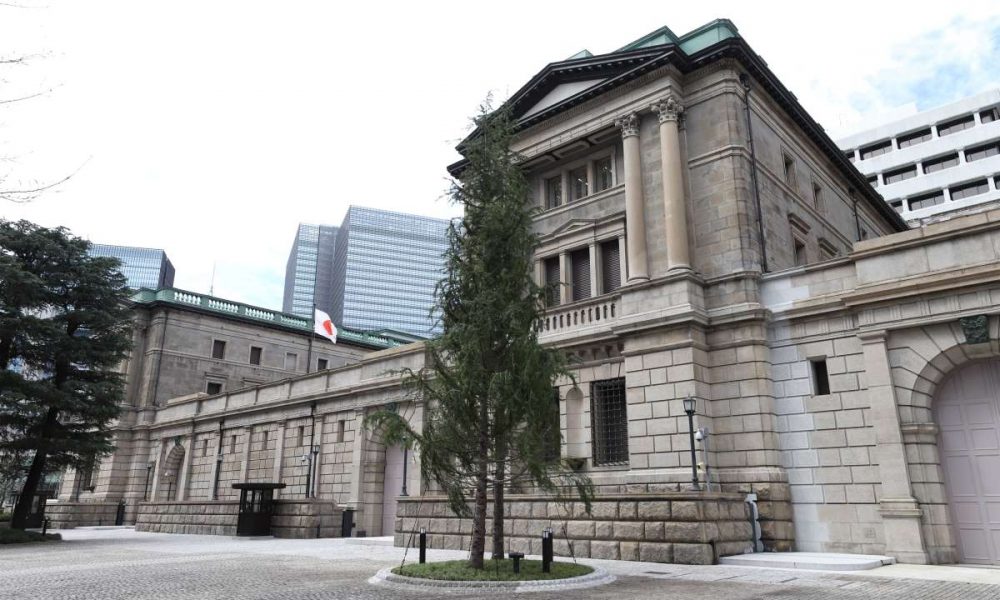
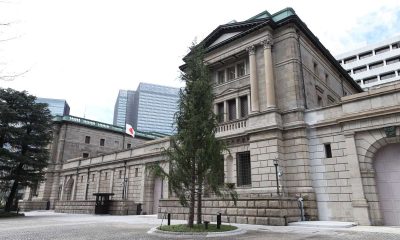

Long-term interest rates and the value of the yen spiked in response to the abrupt policy shift by the Bank of Japan. Meanwhile, stock prices plummeted.
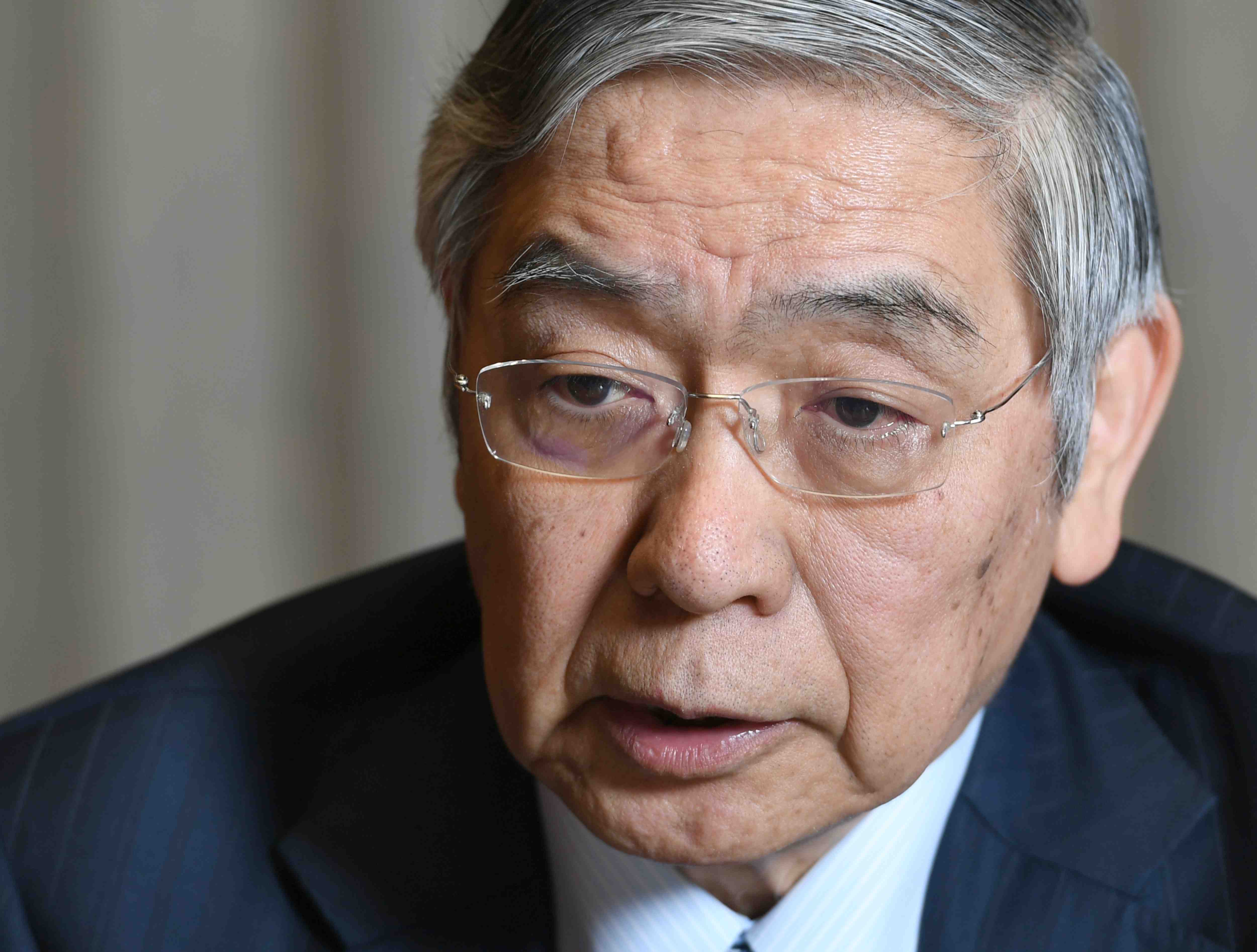


Monetary policies will have to be considered as the spread of the novel coronavirus presents “the biggest uncertainty for Japan’s economy,” Bank of Japan (BoJ)...